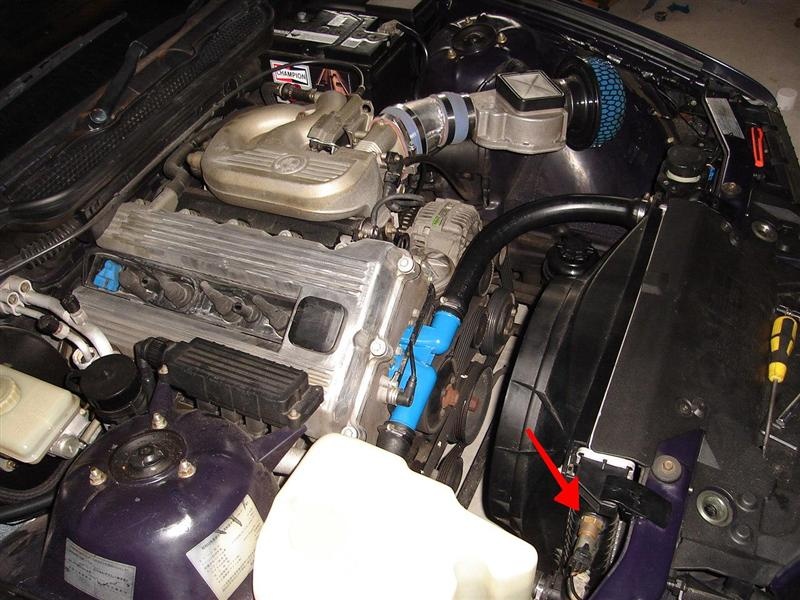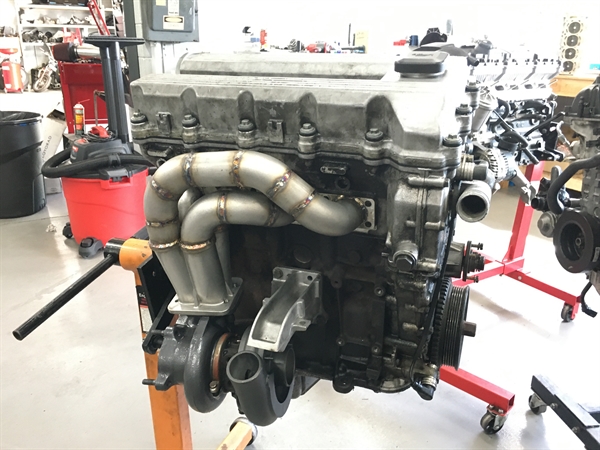Why the BMW 318ti Is a Leading Selection for Vehicle Lovers
Crucial Considerations for Picking the Ideal Engine for Your Requirements
In the realm of selecting the ideal engine to satisfy your requirements, a number of essential factors need meticulous factor to consider to guarantee optimum performance and performance. From the nuanced balance in between power and performance to the often-overlooked elements of upkeep and service needs, each facet plays a crucial function in determining the most ideal engine for your particular demands. As the intricacy of engine innovations proceeds to develop, critical one of the most fitting choice demands a deep understanding of the interplay between numerous considerations. By discovering the detailed web of aspects that underpin this decision-making procedure, a more clear path emerges in the direction of picking an engine that not only satisfies however exceeds your assumptions.
Power and Performance
When reviewing engines for ideal performance, it is critical to focus on both power outcome and efficiency. Power outcome measures the capability of an engine to generate energy, which directly impacts its efficiency. A high power outcome is vital for demanding tasks such as high-speed needs or durable applications. It makes certain that the engine can handle the work successfully and efficiently. However, power alone is not adequate; performance plays a significant role in establishing the general efficiency of an engine. Effectiveness describes how well the engine transforms gas into useful power. A more effective engine will certainly provide much better mileage, reduced exhausts, and decreased operating expenses. Striking the right balance between power outcome and performance is crucial to choosing an engine that fulfills your details needs. When making this decision, it is crucial to think about factors such as the intended use of the engine, environmental impact, and lasting expense ramifications. By very carefully examining both power and efficiency, you can pick an engine that supplies ideal performance and fulfills your requirements efficiently.
Gas Efficiency and Economic Climate
Gas performance refers to the engine's capacity to transform fuel into energy with marginal waste, straight influencing operating expenses and environmental sustainability. Engines with higher gas performance not just decrease fuel expenditures however additionally reduce carbon discharges, adding to a greener operation.

Compatibility and Application
Considering the fuel efficiency and economic situation of an engine, the next critical element to address is its compatibility and application within details operational contexts. Compatibility refers to exactly how well the engine incorporates with the total system or equipment it powers.
Additionally, the application of the engine is just as important. Different engines are designed for certain purposes, whether it be industrial machinery, aquatic vessels, autos, or power generators. Understanding the intended application enables for the option of an engine that can supply the required power outcome, torque, and operational qualities. For circumstances, a high-revving engine made for efficiency automobiles would certainly not appropriate for sturdy construction equipment that requires high torque at reduced speeds.
Maintenance and Solution Needs
Maintenance and service needs play an important duty in making sure the long life and optimal performance of an engine. Routine upkeep is necessary to stop failures, extend the life expectancy of the engine, and keep its effectiveness. When choosing an engine, it is essential to take into consideration the manufacturer's recommended maintenance schedule and the accessibility of solution facilities look here or certified specialists.
Aspects such as the regularity of oil adjustments, filter substitutes, and overall evaluations can dramatically impact the engine's performance. Some engines may require more frequent servicing based on their style and usage, while others may have longer intervals between maintenance checks. It is vital to follow these solution requirements to prevent expensive fixings and unanticipated downtime.

Expense and Budget Factors To Consider
Budget plan restrictions frequently play a significant duty in the decision-making procedure when selecting an engine for a certain application. When taking into consideration the expense and spending plan ramifications of choosing an engine, it is important to assess not just the initial acquisition price yet also the lasting expenses linked with maintenance, gas usage, and possible upgrades or repair services. It is crucial to strike an equilibrium in between the in advance price of the engine and its overall lifecycle prices to make sure that the chosen engine stays monetarily sustainable throughout its operational life-span.
Factors such as fuel sturdiness, performance, and reliability can straight influence the total cost of ownership of an engine. While a much more pricey engine might have greater upfront costs, it could potentially lead to lower upkeep and fuel costs with time, hence offering better worth in the long run. Additionally, thinking about the accessibility and expense of extra components, in addition to the simplicity of upkeep and service, can assist protect against unexpected economic strain in the future. By carefully evaluating these expense and budget plan factors to helpful hints consider, you can make an informed choice that straightens with your functional demands and economic constraints.
Verdict

Gas effectiveness refers to the engine's ability to transform gas into energy with marginal waste, directly affecting operating prices and environmental sustainability.Aspects affecting fuel efficiency include engine layout, burning efficiency, and total efficiency optimization. Additionally, choosing the appropriate gas type and grade as suggested by the engine supplier can further improve performance and prolong engine life-span.
Engines with excellent serviceability functions and easily offered parts can minimize upkeep prices and decrease the time the engine is out of operation - bmw 318ti. It is vital to strike an equilibrium in between the upfront cost of the engine and its More about the author total lifecycle costs to make sure that the selected engine stays monetarily lasting throughout its functional life expectancy